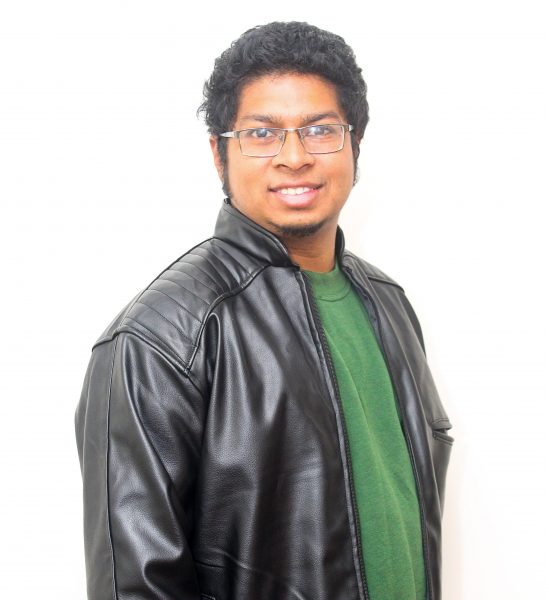I am proud to have been awarded the finishing fellowship for my Ph.D. at Michigan Technological University; my journey has shaped me into a versatile human factors specialist (human factors, in simple terms, involves bridging the gap between humans and field ‘X’ to make that field more accessible and user-friendly for humans) with expertise spanning artificial intelligence, autonomous vehicles, rail safety, and public health. Drawing on my computer science background, I have always been captivated by the advancement of powerful AI systems and their potential to become more accessible, trustworthy, and dependable for humans. My primary research focus centers around explainable artificial intelligence (XAI) and its significance in comprehending the cognitive dynamics between humans and AI in autonomous vehicles.
Beyond my dissertation on XAI and human-AI team cognition in autonomous vehicles, I have actively engaged in research within the transportation and health sectors. This active involvement has substantially enhanced my comprehension of the human factors associated with these domains.
The advent of commercially available AI systems in autonomous vehicles represents remarkable progress. However, similar to other state-of-the-art AI systems, understanding these new AI systems within the context of autonomous vehicles can pose challenges for both vehicle occupants and individuals outside the vehicle. Instead of solely concentrating on explaining ‘why’ AI systems have made specific decisions, I firmly hold the belief that providing explanations on ‘how’ AI systems ‘may behave’ in specific patterns can be more effective. By making these behavioral patterns more understandable for users and drivers, we can elevate human-AI team cognition. To address these research questions, I have adopted a mixed-method approach for my Ph. D. dissertation that combines simulated quantitative behavioral studies with cognitive task analysis methodologies.
I express my gratitude to the graduate dean awards advisory panel for selecting me as the recipient of the finishing fellowship. I am also deeply appreciative of the guidance and support provided by my mentors, Dr. Shane T. Mueller, and Dr. Elizabeth Veinott, as well as the other esteemed members of the Cognitive and Learning Sciences department at MTU. Their contributions have made Houghton feel like a second home to me. I would like to extend my gratitude to Dr. Robert Hoffman for his unwavering support throughout this journey. Finally, I would like to express my heartfelt appreciation to my wife, Dr. Lamia Alam, and my other family members for their unwavering support and understanding throughout the challenging phases of my Ph.D. journey. Their patience and encouragement have been invaluable to me.
